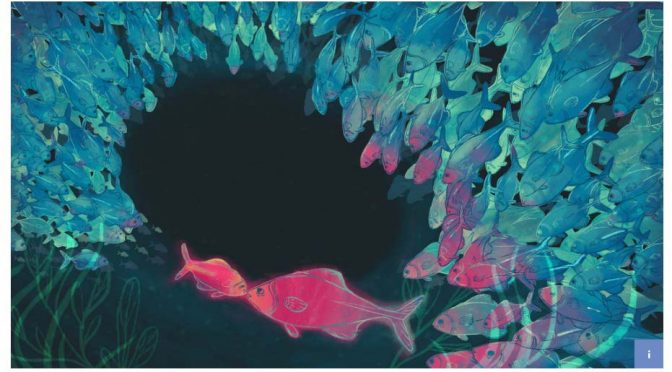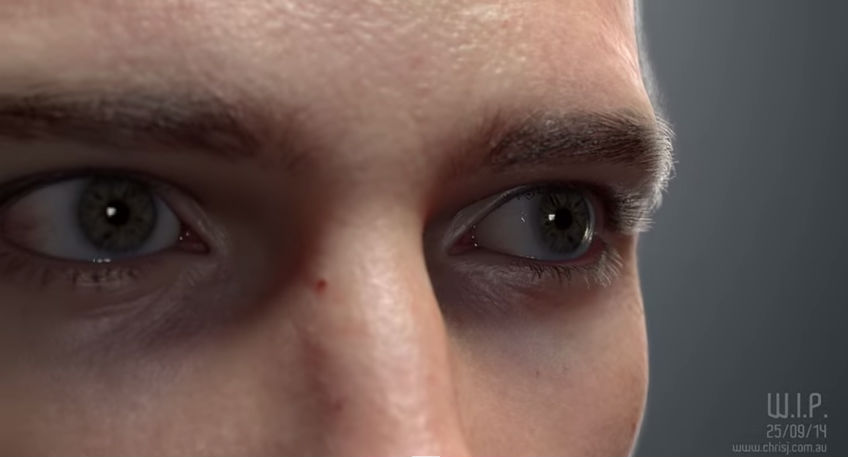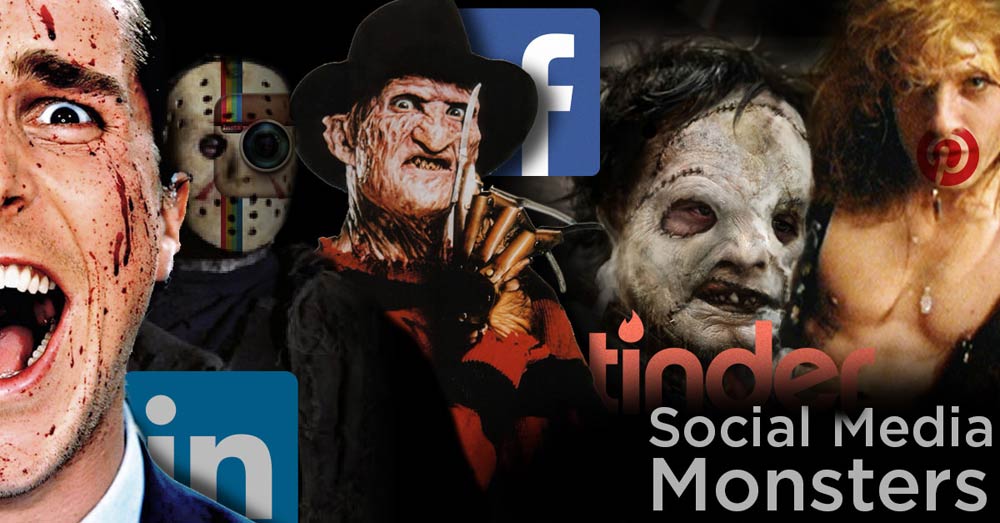Invisibilia’s Back and That’s A Good Thing

NPR’s hit podcast Invisibilia returned for a second season and hasn’t missed a beat.
NPR’s hit podcast Invisibilia returned for a second season and hasn’t missed a beat.
The format and style are identical to the first season. That isn’t a surprise since the show’s hosts, Alix Spiegel and Lulu Miller, are at the helm again. Another NPR storyteller, Hanna Rosin, joined the group this season.
Adding Rosin was a smart move. I’m sure it was tiresome for two people to produce both stories each week on top of their normal jobs. Now the hosts have a round robin reporting format, so we only hear from two of them per episode.
The three hosts have similar reporting styles. That’s expected since they all work for NPR. If you aren’t familiar with that kind of audio reporting, it’s a rich style that incorporates:
- a plethora soundbites from interviewees
- a heavy reliance on natural audio collected at certain locations
- well crafted narration and transitions from one point or interview to the next
Those are standard elements for any story on NPR or podcasts like This American Life, Radiolab, or Serial.
Episode 1: The New Norm
The premier episode was Rosin’s first entry for the series. The episode focused on how social norms can shift from outside influences.
The first story focused on a shift for a bunch of salty oil rig workers working for Shell of the coast of Louisiana.
Oil men, as highlighted in the episode, are a hyper-masculine bunch. You do as you’re told. You don’t ask questions. You don’t ask for help.
There’s a graphic anecdote within the first five minutes of the story. Oil rigs are a dangerous work environment. If you aren’t paying attention, workers could suffer from mutilations or die.
Tommy Chreene, an oil worker for his entire life, remembered a tragic accident he saw first hand. A pipe snagged a buddy’s ankle and spun him around 80 times in a couple of seconds. His friend’s head hit a post with each rotation. Chreene said his friends head was the consistency of a rotten tomato after the accident.
They got 15 minutes to mourn the man’s death, then went back to work.
In 1997, Shell started working on a deep-water platform called Ursa. It would be the world’s deepest offshore well after completion. Rick Fox was the project’s asset leader and knew that if something that large was going to run safely, then something needed to change.
That’s where Clair Nuer enters the story. A one-eyed, French, Holocaust-surviving, leadership consultant completely changed the way Ursa’s crew interacted with each other.
I want you to get a mental image of this. These are tough men who know two emotions: anger and hunger. They’ve spent decades working their ass off in a backbreaking industry.
And Nuer put them through intense workshops for a year and a half, some sessions lasting 11 hours. A tiny French woman challenged these men to bear everything for their coworkers to see. They did it and there were noticeable changes.
This cultural change contributed to an 84% decline in Shell’s accident rate. It’s not that the workers were doing anything different or that Ursa was safer than any other off-shore oil rig. But by bearing everything to each other, they felt more comfortable asking for help.
It’s a fantastic story to kick off Invisibilia’s second season.
You Want Fries With That?
The episode shifts from an oil rig to the first McDonalds to open in the Soviet Union.
It turns out, the USSR wasn’t getting just burgers and fries, but also a little bit of American culture.
How?
In the Soviet Union, children watch documentaries in school telling them not to trust American smiles. They claimed our smiles were not trustworthy.
It was the direct opposite of Russia’s culture at the time. They smiled, yes, but it was something for intimate situations. Something only shared with the closest of friends and family.
McDonalds changed that. They showed new employees videos on how to be friendly and how customer service should work. Customer service was lacking at the time.
The results spoke for themselves. McDonalds was a hit but not for the Big Mac. They came for the atmosphere. It was different than any other restaurant they had experienced at the time.
Episode 2: The Personality Myth

This episode challenges the ideas of what makes you, you. Starting with your personality.
You would think your personality is consistent. Our future successes and failures are tied to them. The core traits of our personality should be consistent.
But they aren’t. They aren’t consistent at all. Absolutely nothing about you that’s consistent, not even your personality.
You may not have heard of Walter Mischel, but you have heard of the Marshmallow test.
It’s the experiment where a 4-year-old sits at a table before a marshmallow. The child is told if they can wait 15 minutes without eating the marshmallow, they will get a second marshmallow. They’re unsupervised for those 15 or so minutes.
You’ve heard about these results. This is the experiment people point to when talking about signs of successful people. The toddlers who waited ended up being happier in their lives.
That’s right. A toddler’s self-control determined how happy and successful they’d be in the future. That’s the popular narrative around the marshmallow test. We like to believe personality traits are a permanent fixture in our lives.
Walter Mischel, the author of the marshmallow test, says the exact opposite is true.
The test was designed to show how flexible personalities are. Mischel said the same kid who was impatient could wait 15 minutes after Mischel told them to pretend the marshmallow wasn’t there.
It’s not just toddlers and marshmallows either. Mischel anecdotally points out that most personality tests ignored the data that didn’t fit the study’s hypothesis.
To back this up, Spiegel shares a story where a woman befriends a man convicted of a violent crime. The man is described as funny, charming, smart, and quick-witted.
But after finding out what he did, the woman had a hard time reconciling how the man she met could have committed a violent act. In the end, she could reconcile those differences, so she stopped trying.
The convict, who had a moment of clarity in prison, spent two years changing his personality, trying to remove the traits or habits that put him behind bars.
She had problems reconciling the man’s past and his present behavior because she, like most everyone else, believe that personality traits are static.
We do see people act predictably in certain situations, but that consistency is the situation, not the person. Think of a coworker. They act the same way every day. After so long, you can predict what they’ll do next.
Spiegel brings in another expert to blow the rest of our preconceived notions away.
The episode changes from personalities to the physical body. There, they question every cell and atom in the human body.
Long story short, there’s a lot of turnovers. From your blood cells to bone, memories to the electrons in your brain cells, nothing stays in place for too long.
There’s a lot left in The Personality Myth. I didn’t mention because some info is lost in the translation their podcast to this site. This was a fantastic episode. Do yourself a favor and go listen.
5 More To Go
Though Invisibilia is only two episodes into their second season, the show doesn’t know what a “sophomore” slump is.
I was expecting mediocre entries in the first two episodes. Thankfully, I didn’t get what I was expecting. Their stories challenge ideas of social norms and self and set a high bar for the remaining episodes of the season.




